News
-
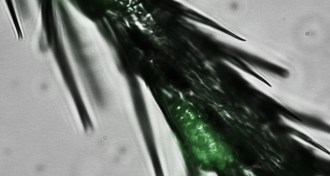 Genetics
GeneticsYeast smell underpins partnership with fruit flies
Yeast make fruity aromas that draw flies, which disperse the fungi. Researchers reveal the gene that underpins the mutually beneficial relationship.
-
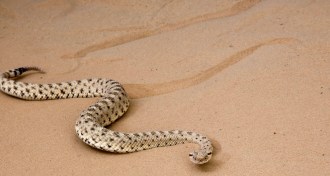 Animals
AnimalsRattlesnakes tutor robot on dune climbing
Snakes sidewinding up sand inspire design improvements for robots navigating treacherous slopes.
By Susan Milius -
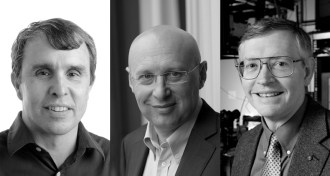 Chemistry
ChemistryMicroscopy providing ‘window into the cell’ wins chemistry Nobel
Three scientists use fluorescence and lasers to see single molecules and other tiny objects.
By Beth Mole and Meghan Rosen -
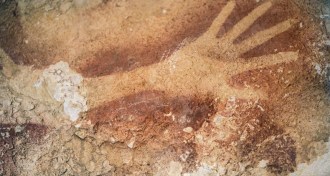 Archaeology
ArchaeologyIndonesian stencils rival age of Europe’s early cave art
Hand prints outlined in pigment were made in Southeast Asia at least 39,900 years ago, making the paintings about the same age as European cave art.
By Bruce Bower -
 Materials Science
Materials ScienceBlue LEDs win Nobel Prize in physics
Light-emitting diodes have led to more energy-efficient bulbs that are elbowing out incandescents.
By Andrew Grant -
 Chemistry
ChemistryLasers wrest oxygen from carbon dioxide
By zapping oxygen molecules off carbon dioxide, an experiment hints that Earth may have had breathable air long before the dawn of plants.
By Beth Mole -
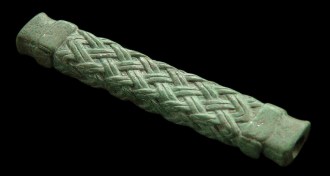 Anthropology
AnthropologyMysterious foreigner may have ruled ancient Maya kingdom
Bone chemistry suggests one of the early rulers of the Maya kingdom Copan and his retainers had foreign credentials.
By Bruce Bower -
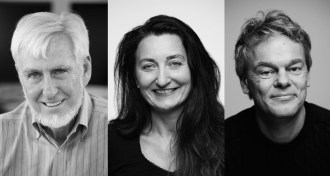 Neuroscience
NeuroscienceNeuroscientists garner Nobel for discovering brain’s ‘inner GPS’
Three researchers who found brain cells that allow rats to orient themselves in space have won the 2014 Nobel Prize in physiology or medicine.
-
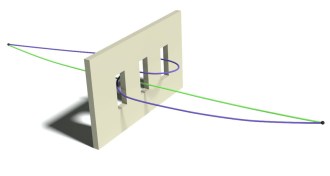 Quantum Physics
Quantum PhysicsPhotons on roundabout route could get caught in action
Proposed twist on classic double-slit experiment could identify light that weaves in and out.
By Andrew Grant -
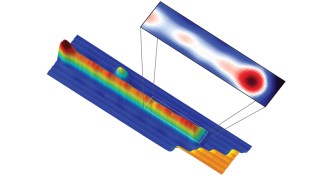 Physics
PhysicsSignal of elusive Majorana particle emerges in a nanowire
New evidence supports existence of exotic Majorana particle — a particle that is its own antiparticle.
By Andrew Grant -
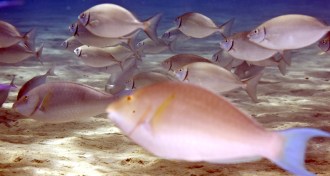 Animals
AnimalsInvasive rabbitfish team up to raze algal forests
Tropical rabbitfish have expanded into temperate Mediterranean waters, where they destroy algae forests by gobbling both young and adult algae.
-
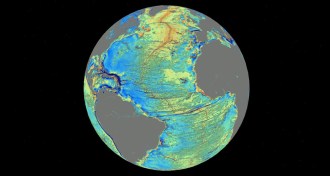 Oceans
OceansSatellites expose mysteries of the deep ocean
New detailed map of Earth’s seafloor reveals never-before-seen formations.